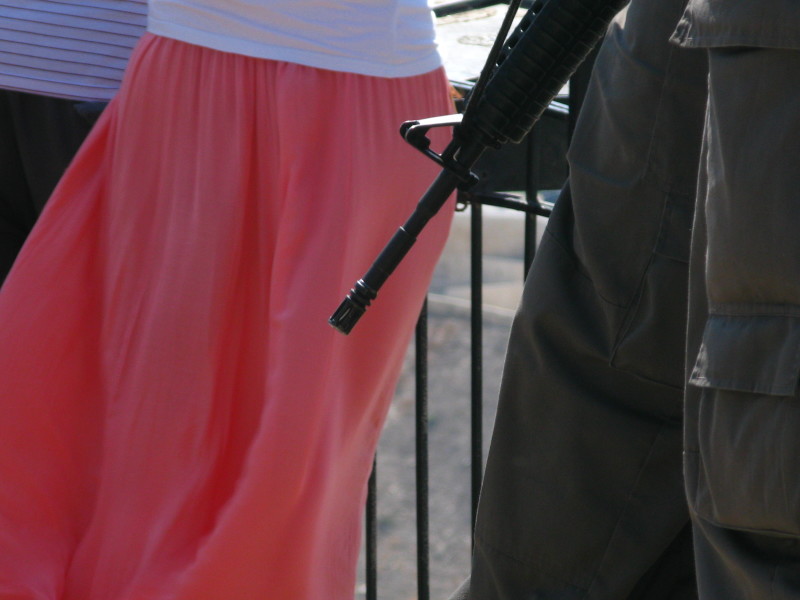When life back home becomes unfamiliar
I recently watched the film A Thousand Times Good Night, the story of a war photographer torn between the passion for her work, and the love for her family. Following a traumatic assignment in Afghanistan, we see the protagonist back in Ireland with her husband and two daughters. After the initial joy and much-needed rest Rebecca feels like a fish out of water.
Sounds familiar?
I’ve heard similar stories from aid workers: a man in his thirties has trouble sleeping back home, but in Iraq…oh, he can finally relax and rest! A friend cannot explain the anxiety she experiences when she goes back to her peaceful village in the French Pyrenees. Nothing like that occurs to her when she’s in Gaza. I myself feel a sense of peace when I’m in Palestine.
Many humanitarians seem more comfortable in a conflict-zone than back home. Yet, there is often something missing even in the field. At times I wonder if we use other people’s conflicts as an unorthodox alternative to personal therapy. Do you find the idea odd? I know, it’s hard to admit that we actively seek dangerous environments for our own needs. I doubt that there is such a thing as a “pure altruist”, so I guess I’m just suggesting that a degree of awareness around our own “craziness” may help us to do less harm when in the field.
War is inside, not just outside
The protagonist of A Thousand Times Good Night recalls how it was anger that prompted her to become a war photographer. I’m sure that some humanitarians can relate to a similar motivation. Maybe going to war-zones is part of a healing process. Maybe it is an addiction in itself. Maybe it appeals to people who are unable to lead a normal life – whatever that means.
The more I experience working in Israel/Palestine, the more I’m see how we are drawn to external conflicts as a way to cope with or avoid conflictual situations in our life.

The trouble is that wars out there do not necessarily heal inner wars. It is common for people in aid to become addicted to a nomadic and unhealthy lifestyle, losing connections with their own community back home and ending up belonging neither here nor there. At 25 it’s fun, but as we grow up the expat lifestyle can take its toll with painful consequences such as addiction, family break-up, and burnout. Even so, there is no doubt that life in the field provides experiences and learning opportunities that can be hard to match back home.
Searching for meaning and healing among the rubble of war
So what to do when we are caught between the adrenaline of the field and the need to find some stability? From experience I know that going back to a “normal life” is hard. A few weeks back home and we get restless and ready to pack our bags again. Why? Maybe because the reality is that most aid workers no longer have a “life back home”. If you feel it’s time to rebuild some kind of “home”, we’ve put together a quick guide to help you in the process. There are no ready-made solutions, just some ideas to help you explore life beyond the field (which is much less boring and predictable than we think).
In the meanwhile I suggest you watch A Thousand Times Good Night. Maybe, just like me, you will immediately relate to Rebecca, this strong yet fragile woman, who is searching for meaning and healing among the rubble of war.
[youtube=https://www.youtube.com/watch?v=hl4jDts4sB0]

